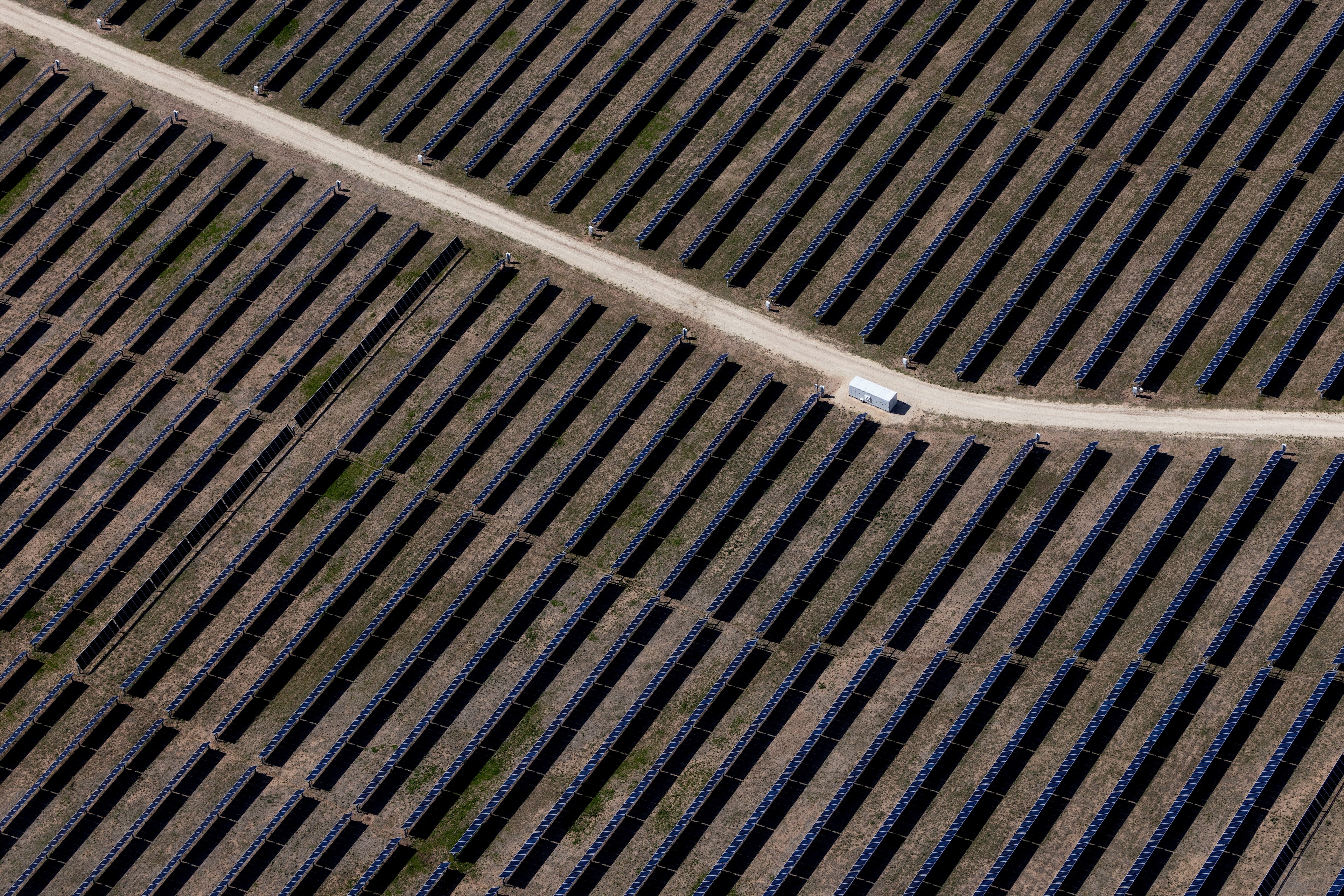IEA: electric cars, clean energy policies to drive peak fossil fuel demand by 2030

The IEA says world fossil fuel demand is set to peak by 2030, undercutting the rationale for any rise in investment.
Image: Pexels/Engin Akyurt
Alex Lawler
Stay up to date:
SDG 07: Affordable and Clean Energy
- The International Energy Agency (IEA) says demand for oil, coal and gas is set to peak by 2030.
- The IEA also warned that demand for fossil fuels is still far too high to keep within reach the Paris Agreement goal of limiting the rise in average global temperatures to 1.5°C.
- The key to an orderly transition is to scale up investment in all aspects of a clean energy system, says the report.
World fossil fuel demand is set to peak by 2030 as more electric cars hit the road and China's economy grows more slowly and shifts towards cleaner energy, the International Energy Agency said, undercutting the rationale for any rise in investment.
The report from the IEA, which advises industrialised countries, contrasts with the view of oil producer group the Organization of the Petroleum Exporting Countries, which sees oil demand rising long after 2030 and calls for trillions in new oil sector investment.
In its annual World Energy Outlook released on Tuesday, the IEA said peaks in oil, natural gas and coal demand were visible this decade in its scenario based on governments' current policies - the first time this has happened.
What's the World Economic Forum doing about the transition to clean energy?
"The transition to clean energy is happening worldwide and it's unstoppable. It's not a question of 'if', it's just a matter of 'how soon' – and the sooner the better for all of us," said IEA Executive Director Fatih Birol.
"Governments, companies and investors need to get behind clean energy transitions rather than hindering them."
Still, the IEA also said as things stand, demand for fossil fuels is set to remain far too high to keep within reach the Paris Agreement goal of limiting the rise in average global temperatures to 1.5 degrees Celsius.
"This risks not only worsening climate impacts after a year of record-breaking heat, but also undermining the security of the energy system, which was built for a cooler world with less extreme weather events," the agency said in a statement.
China's role changes
By 2030, the IEA expects there to be almost 10 times as many electric cars on the road worldwide, and it cited policies supporting clean energy in key markets as weighing on future fossil fuel demand.
For example, the IEA now expects 50% of new U.S. car registrations will be electric in 2030, up from 12% in its outlook two years ago, largely as a result of the U.S. Inflation Reduction Act.
The IEA also sees China's role as a key source of energy demand growth changing.
While China in the last decade accounted for almost two-thirds of the rise in global oil use, the momentum behind its economic growth is ebbing and the country is a "clean energy powerhouse," the report said, adding more than half of global electric vehicle sales in 2022 were in China.
The IEA said the key to an orderly transition is to scale up investment in all aspects of a clean energy system, rather than in fossil fuels.
"The end of the growth era for fossil fuels does not mean an end to fossil fuel investment, but it undercuts the rationale for any increase in spending," the IEA report said.
An OPEC report earlier this month said calls to stop investments in new oil projects were "misguided" and "could lead to energy and economic chaos."
Don't miss any update on this topic
Create a free account and access your personalized content collection with our latest publications and analyses.
License and Republishing
World Economic Forum articles may be republished in accordance with the Creative Commons Attribution-NonCommercial-NoDerivatives 4.0 International Public License, and in accordance with our Terms of Use.
The views expressed in this article are those of the author alone and not the World Economic Forum.
Forum Stories newsletter
Bringing you weekly curated insights and analysis on the global issues that matter.
More on Energy TransitionSee all
Manikanta Naik and Murali Subramanian
July 23, 2025
Arunabha Ghosh and Jane Nelson
July 22, 2025
Ali Alwaleed Al-Thani and Santiago Banales
July 21, 2025
Goodness Esom
July 18, 2025




